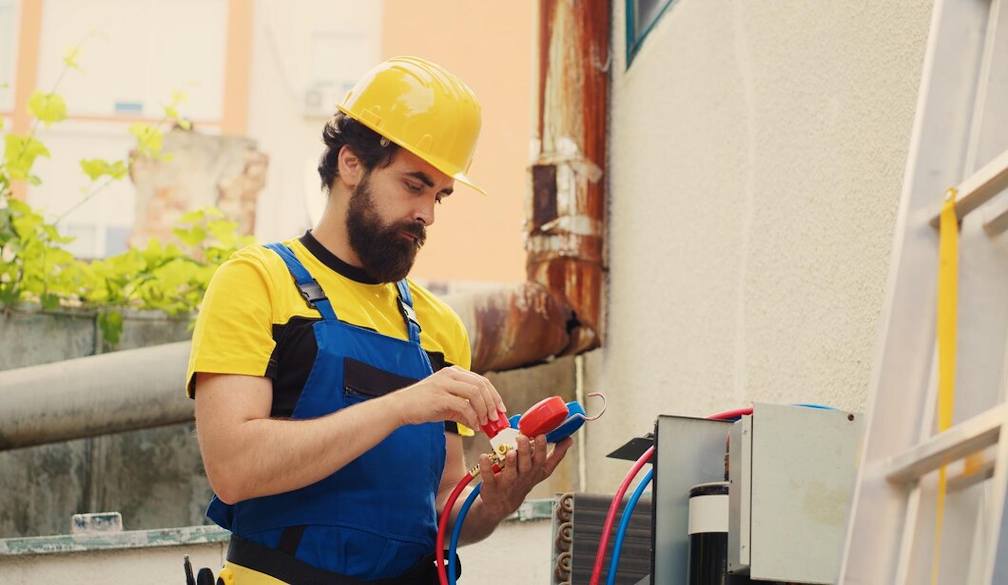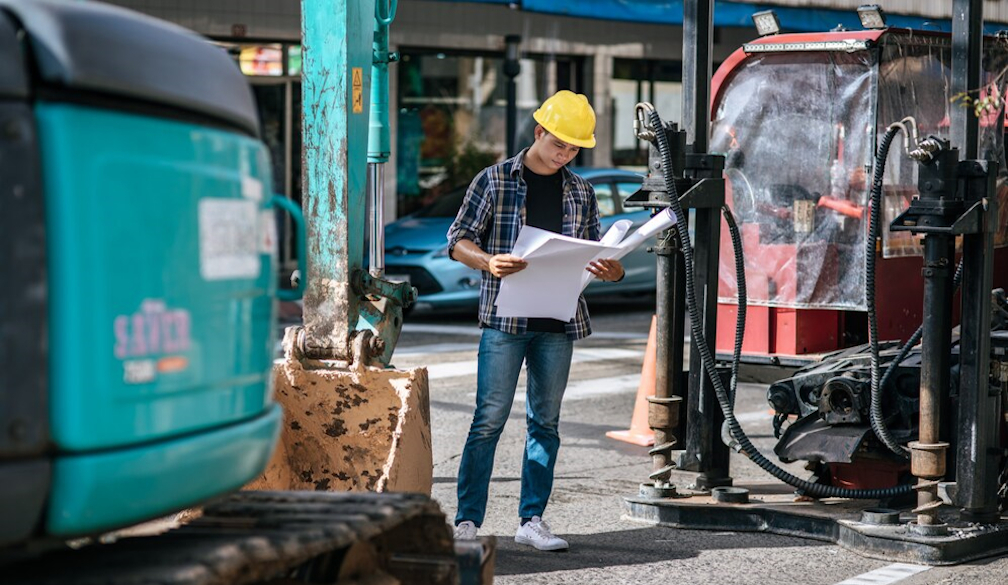
Natural disasters can be devastating for small and family businesses yet only one in four small businesses have a current business continuity plan, according to a report by the Australian Small Business and Family Enterprise Ombudsman, Bruce Billson.
The Small Business Natural Disaster Preparedness and Resilience Inquiry report, tabled in Federal Parliament, found that taking simple steps to be better prepared, sensible risk mitigation action and bolstering resilience can help small and family businesses to get back on their feet quicker after suffering the effects of a natural disaster.
The inquiry was conducted by the Ombudsman after the rolling disasters of bushfires, drought and floods and the COVID-19 pandemic. The Ombudsman visited 36 communities across Australia to directly hear from small and family businesses impacted by natural disasters. In addition, an online survey attracted more than 2000 respondents.
“In the aftermath of natural disasters, we typically see massive and heartbreaking clean-up efforts, a lengthy and hard-going recovery and questions asked about how small and family businesses, and communities will bounce back and what, if anything, could have been done to better prepare,” Mr Billson said.
“It is clear from our work that preparation is key to small and family businesses building resilience and coming through natural disasters in the best possible shape. It is equally clear that small and family business owners cannot do this on their own and require clarity and certainty of the support available.”
The report finds governments at all levels and the business community together have a crucial role to play in ensuring small and family business owners have all the information and support they need to manage risks.
It highlights the central role local government can and do play in providing place-based advice and support to bolster small business resilience, noting that 97% of money spent by governments on disasters is after the event and only 3% is on preparedness.
The report finds a strong sense of community connectedness, including collegiate business relationships – “socio-commercial capital” – leads to more resilient and unified communities that learn from and support each other to work together to prepare for, and respond to, natural disasters.
Often it is small and family business owners who are the community leaders and the best guide to support their peers. The report finds the building of socio-commercial capital can be done within existing structures, such as the Small Business Friendly Councils initiative run in conjunction with state Small Business Commissioners.
Among the 16 recommendations and findings, the report says:
There should be a “certainty of response” for small business owners, so they are automatically elevated in disaster funding arrangements - including indirectly affected businesses.
There should be “certainty of support” by establishing a business hub after a disaster as a single point to seek help from federal, state, and local government and non-government agencies to provide support.
A “tell-us-once” triage system should be adopted to save small business owners the trauma and time associated with repeating their story.
An opt-in “My Business Record” should be created to allow a small business to digitally store all relevant government-held and other vital information it might need after a disaster.
Infrastructure grants should be provided to ensure critical infrastructure relied upon during a disaster is fit-for-purpose, remains intact and functioning.
The Australian Government should implement a “good neighbour” program and mitigate risks on land it owns.
A Government subsidy should be available when workers in a small business are called out for volunteer work for an extended period or a business is required to scale back operations because of volunteer activities.
When a small business receives an Australian Government grant, an additional amount should be made available six to nine months later for a “business health check”.
In many cases small business owners are operating uninsured, underinsured, or with excesses payable that prohibit them making a claim, due to extreme difficulty in accessing affordable insurance. More must be done to address this complex market dysfunction.
Calls for an integrated response to disaster risk management for identified disaster prone areas that incorporates priority access to mitigation expenditure, co-ordinated planning across levels of government, infrastructure hardening, interest-free loans for asset and activity protection and relocation schemes, and possible use of a dedicated reinsurance vehicle.
Numerous examples of inequity or inconsistency of support created a sense of resentment that some businesses that purchased expensive insurance and had a disaster plan were denied support while others that gave far less attention, time, and effort to protect their own economic interests were helped.
Mr Billson said the experiences of many hundreds of small and family businesses showed having a plan will help them be more able to bounce back after a natural disaster. “Natural disasters can cause lasting harm to the enterprising women and men building businesses, employing local community members, and contributing to the Australian economy,” he said.
“Small business creates vitality in our communities, employs two out of every five people with a private sector job and contributes one-third of our GDP, so it is absolutely worth building its resilience. Simple steps to be ready include ensuring record keeping is up to date, business processes and critical information are, where possible, digitised, and payments to relevant bodies such as the ATO, lenders, and insurers are up to date.”
Mr Billson paid tribute to the countless selfless and committed individuals and community agencies and advocates playing a vital role to support small and family businesses in the immediate period following a natural disaster and in supporting the long and challenging road many faced.
Photo: Yosh Ginsu/Unsplash








